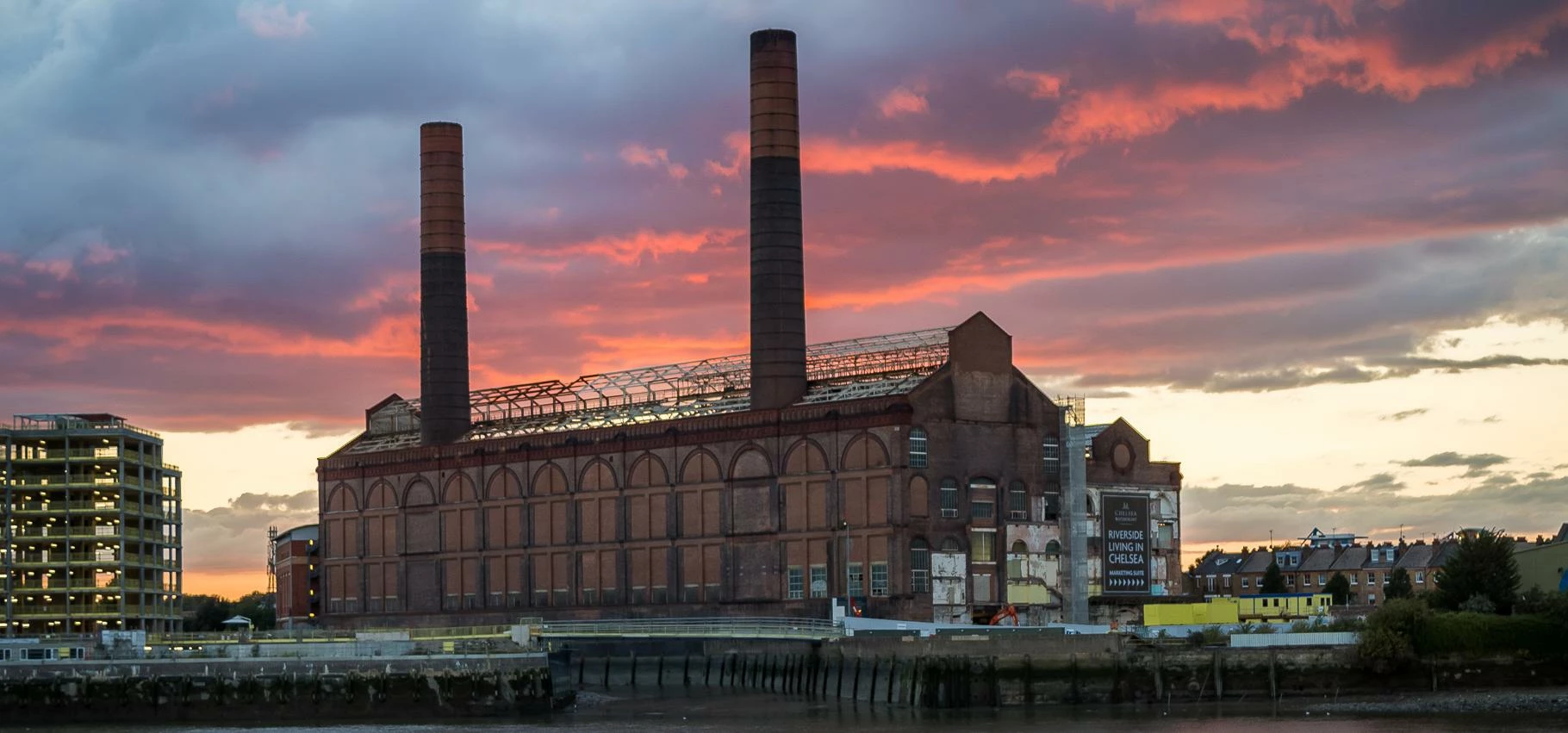
Partner Article
Deepening Inner London new build crisis suggests global buyers are fleeing post-Brexit
A spiralling new build crisis is currently brewing in Inner London, according to new research by property firm LCP, hinting that international buyers may be eschewing the capital in the wake of June’s EU referendum.
In an analysis of Land Registry data, the property investment firm registered a 43% fall in sales volumes in comparison to the same time last year despite new applications surging 27% to 17,494 submitted applications which includes 111 for high rise towers.
There has also been a 20% increase in the number of new developments approved for construction since 2013, with 106,208 applications approved in the period centered around the mega cluster south of the Thames.
It also found that square foot prices are beginning to fall, with marquee developments such as Battersea-Nine Elms seeing falls as lack of demand puts a pressure on property values.
Despite the significant rise in new developments, there are signs that demand is beginning to soften, with just 1,491 new units sold this year, meanwhile the figures for older properties has remained relatively static at 13,194 deals this year.
Naomi Heaton, Chief Executive Officer of LCP, commented that the figures make worrying reading for the medium-term prospects of the capital’s property market, as economic uncertainty puts a brake on demand.
She said : “In light of the plethora of tax hits over the last few years, possibly exacerbated by the uncertainty of Brexit, it appears foreign investors, the majority buyer of new developments, may finally be turning away.
“These properties typically sell at a significant premium, averaging 25%, over older stock. History demonstrates that a saturation of over-priced commodity-style property leads to softening prices, particularly during times of economic uncertainty.”
Naomi explains that the significant discrepancy between the new build and older property markets suggests that, much like the during the financial crisis, investors are beginning to flee to older, blue-chip stock which are considered a safer bet than new developments.
She added: “Whilst no concrete evidence of post-Brexit market dynamics has yet been published, we expect PCL real estate to respond in a broadly similar way as it did during the Global Financial Crisis when the market outperformed almost all other asset classes.
“A flight to quality and the security of blue-chip tangible assets will be underpinned by the continuing weakness of Sterling. Alongside this, the attractions of PCL as a centre of culture, excellence and education with absolute rule of law and unequivocal title to property remain undimmed.”
Looking to promote your product/service to SME businesses in your region? Find out how Bdaily can help →
Enjoy the read? Get Bdaily delivered.
Sign up to receive our popular morning London email for free.








 Raising the bar to boost North East growth
Raising the bar to boost North East growth
 Navigating the messy middle of business growth
Navigating the messy middle of business growth
 We must make it easier to hire young people
We must make it easier to hire young people
 Why community-based care is key to NHS' future
Why community-based care is key to NHS' future
 Culture, confidence and creativity in the North East
Culture, confidence and creativity in the North East
 Putting in the groundwork to boost skills
Putting in the groundwork to boost skills
 £100,000 milestone drives forward STEM work
£100,000 milestone drives forward STEM work
 Restoring confidence for the economic road ahead
Restoring confidence for the economic road ahead
 Ready to scale? Buy-and-build offers opportunity
Ready to scale? Buy-and-build offers opportunity
 When will our regional economy grow?
When will our regional economy grow?
 Creating a thriving North East construction sector
Creating a thriving North East construction sector
 Why investors are still backing the North East
Why investors are still backing the North East